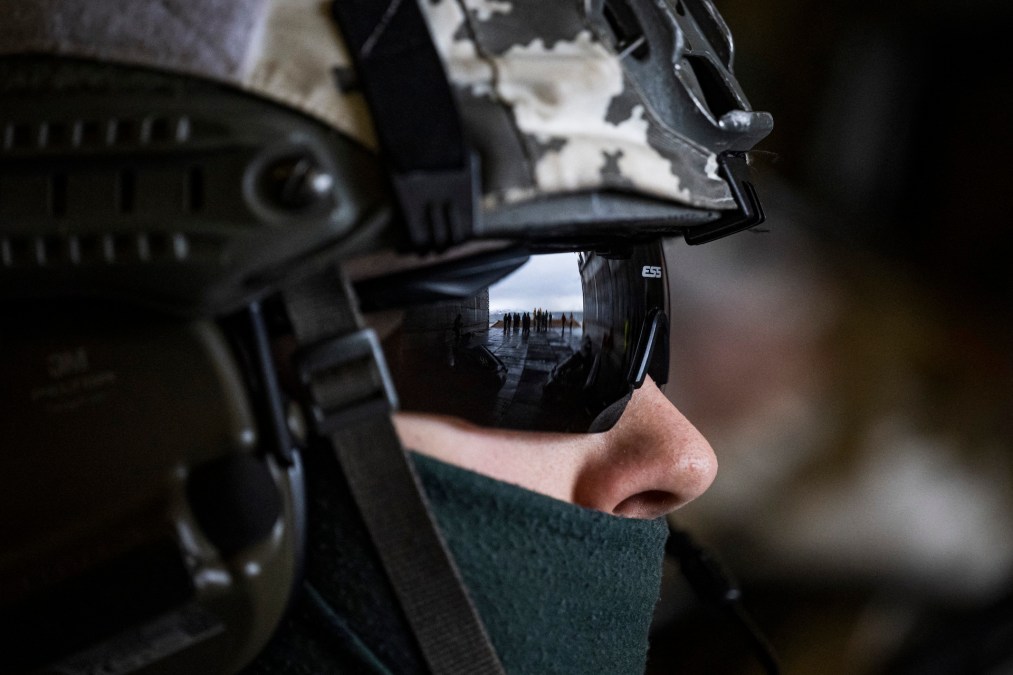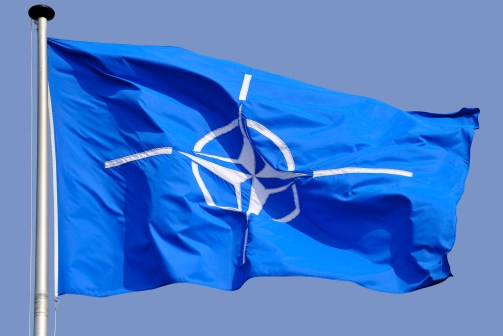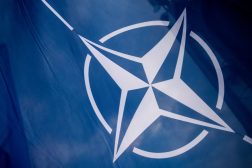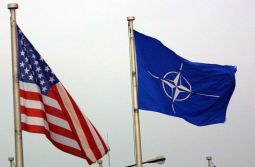Latest NATO expansion includes massive increase in DIANA innovation accelerator sites

NATO isn’t just adding new member states to the military alliance — it’s also more than doubling the number of sites associated with its Defense Innovation Accelerator for the North Atlantic.
The DIANA initiative, which was launched in 2022, was set up to boost cooperation on emerging technologies and foster a far-reaching innovation network. It’s particularly focused on supporting startups and other players in the high-tech sector that are working on dual-use technologies.
The number of related tech accelerator sites across the multinational network will jump from 11 to 23, and the number of test centers will increase from 90 to 182, the alliance announced Thursday. New hubs are expected to come online in the coming months.
After the expansion — which is intended to enhance the alliance’s capacity to support companies and other participants as they develop their tech — there will be DIANA locations in 28 nations.
“They will focus on solving some of our biggest defense and security challenges and sharpening our technological edge in areas ranging from artificial intelligence and cyber to 5G, hypersonics, and autonomous systems,” NATO Secretary General Jens Stoltenberg told reporters at the alliance’s headquarters in Brussels Thursday, according to a press release.
NATO picked the first DIANA cohort late last year, selecting 44 organizations out of more than 1,300 applicants after an evaluation of their proposals. They were tasked with addressing challenges related to undersea sensing and surveillance, secure information-sharing and energy resilience. Each firm was expected to receive 100,000 euros to help pay for expenses as they develop their solutions.
“I think it’s a really interesting example of how you can use an organization like NATO to reach out beyond the traditional defense sector,” a senior NATO official told reporters in December during a Defense Writers Group meeting in Washington, speaking on condition of anonymity.
“They will now be working with DIANA’s mentors to really develop their projects,” the official said. “That’s the first time around. And the whole system is set up in a way that is very dynamic. And so it’s going to be learning from this first cohort of innovators and refining every year … The system is built in a way that we will adjust and upgrade and innovate with every single cohort.”
Finland — which officially joined NATO last year after the country applied for membership following Russia’s 2022 large-scale invasion of Ukraine — will host an accelerator site and two test centers, the nation’s Ministry of Defence announced Thursday. Sweden — which also sought to join the alliance following the Russian invasion — officially became the newest member of NATO last week, opening up opportunities for Swedish companies to participate in DIANA.
VTT Technical Research Centre of Finland will set up an accelerator in Otaniemi in collaboration with Aalto University and the University of Helsinki, which will initially focus on next-generation communications as well as quantum tech. The new test centers — which will be located at the University of Oulu and the Otaniemi office of VTT — will be geared toward cyber-secure communications, quantum, space and 6G network technologies, according to a release.
“Digital communications systems play a vital role in modern warfare. Investing in different kinds of test environments and pursuing international research and development cooperation are central to verifying the military usability of new technologies. We have a high level of expertise and a tradition of long-term investment in communication network and quantum technologies. Finland’s active involvement in DIANA opens up new opportunities, reinforces the technological and industrial base of Finland’s defense and improves the security of the Alliance through national top expertise,” Finland’s Minister of Defense Antti Häkkänen said in a statement.






